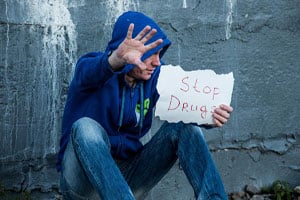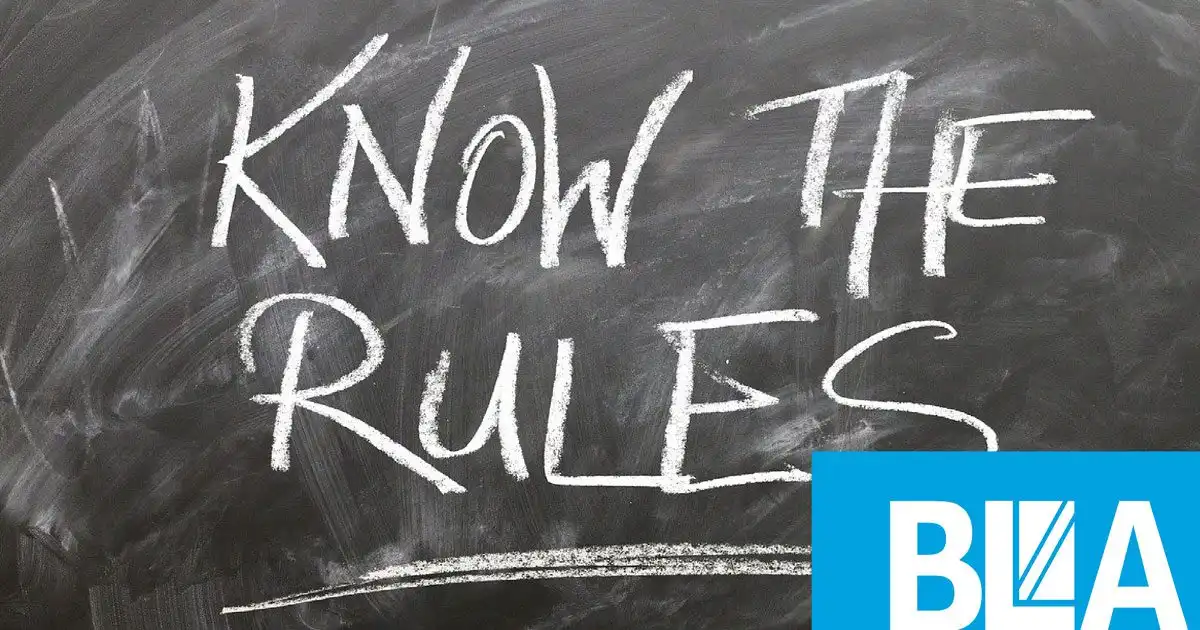How to deal with Housing Problems and Substance Misuse
Not having a place to call home is a reality that many today live in. It’s no secret that housing insecurities take a toll on the affected individuals, turn their lives upside down in unimaginable ways, and expose them to demeaning experiences in their everyday lives.
While their predicaments mainly arise from not having permanent shelter, falling into the cycle of drugs and alcohol use is, in most cases, unavoidable for this vulnerable group and only adds to their plights.
While most private addiction treatment providers usually offer aftercare sessions to help with relapse prevention, others will not. This is especially valid for outpatient services.
Housing Challenges and Substance Misuse. What’s the Connection?
Housing instability and addiction have an inseparable relationship. According to recent findings on substance misuse treatment, 12% (or one in every nine people) of those who entered treatment in 2020 for drug or alcohol addiction disclosed they had a housing problem, and 6% reported experiencing chronic housing problems.
Additionally, 17% (close to 22,493 people) of those who sought treatment for mental health problems within this same period were experiencing housing insecurities.
People who lack stable housing face overwhelming hardships — From lack of food to difficulties finding shelter, ridicule, lack of money for necessities, violent attacks, and frequent run-ins with law enforcement.
All these, coupled with the fact that most don’t have a constant source of love and support, put them through physical and emotional pain. Unfortunately for many, alcohol and drug use often seems like the easiest way to numb the pain and distract themselves from their daily challenges.
The sad truth is that for the unhoused population, accessing drugs is much easier than finding opportunities to improve their housing situations and escape the trap of substance misuse.
This population is also vulnerable to complex mental illnesses due to the constant worrying about their future housing status and the struggles of navigating through harsh living situations.
Accessing comprehensive psychiatric care is often a challenge for most people experiencing housing problems. Unfortunately, a majority sink deeper and deeper into drugs and alcohol misuse to relieve their mental health symptoms. Peer pressure is also a real problem facing unhoused individuals.
Most people in this situation resort to drug misuse to fit in the homeless community and be entirely accepted by the rest.
There’s a popular myth that substance abuse among people experiencing housing insecurities is a chosen lifestyle. While drug use often appears as an integral part of the homeless culture, we shouldn’t lose sight of the fact that unhoused individuals living with drug or alcohol addiction struggle with a chronic illness.
They need and deserve professional treatment and support to recover, just like the non-homeless community.
Substance Misuse Treatment Options
There are addiction treatment opportunities available for the unhoused population struggling with drug misuse to help them live a sober life free from drugs or alcohol dependence. These opportunities include rehab services offered by the National Health Service (NHS) and rehab services by private rehab providers.
NHS Rehab Services
NHS-funded rehab centres, which mainly provide addiction treatment on an outpatient basis, offer free outpatient treatment. These no-cost treatment services are favourable for people struggling with unstable housing, considering their financial situations.
The affordability of state-funded rehab treatment gives these individuals an opportunity to begin their treatment and recovery journey.
Additionally, NHS rehab facilities are widespread across different communities. This convenience makes it easier for people battling substance dependence, including the unhoused population, to access professional help within their location, especially if they prefer to remain in their community while receiving treatment.
Private Rehab Services
Private rehabs offer both outpatient and residential treatment for substance misuse. While these treatment services come at a cost, private residential rehab allows you to stay at the facility temporarily as you undergo intensive treatment.
This makes residential treatment particularly beneficial for housing insecure individuals suffering from drug or alcohol addiction.
Not to mention, the seclusion and structured routine associated with residential rehabs give you a break from the negative influences in your day-to-day life. For the unhoused individuals, being in a secure treatment environment allows them to escape the triggers in their circumstances or surroundings as they work on their recovery.
Residential treatment programs are also a highly intensive form of addiction treatment. These programs help not just those with long-term dependence on a specific drug to find lasting recovery but also those who have developed an addiction to multiple substances.
Sober Living Homes for the Unhoused Community
Stable housing is essential for individuals in recovery from drug or alcohol dependence. Without permanent housing, it’s likely that the person, upon completing treatment, may go back to drug misuse to cope with the trauma of dealing with unstable housing circumstances.
Providing more sober living facilities will ensure that these vulnerable persons remain committed to their recovery within a safe and drug-free environment. To add to that, most people dealing with unstable housing lack a close support system, mainly because of their situation.
Going through the sobriety journey alone may slowly lead them to substance misuse to cope with the feelings of isolation and loneliness.
When more sober housing homes are set up to cater to the recovery needs of this disadvantaged population, there’ll be significant improvements in their recovery outcomes. Besides restoring their self-esteem and dignity while going through healing from addiction, sober living homes will allow them to work on their sobriety within a community atmosphere.
Residents at these facilities all have a common goal — to achieve full abstinence from drugs and alcohol. Therefore, unhoused individuals in recovery can develop solid friendships with other residents and find the much-needed emotional support to carry on with the sober lifestyle.
Final Thoughts
Similar to the general population suffering from substance abuse problems, addiction among the unhoused community is a chronic illness that needs proper treatment to heal from.
Just like not having unstable housing isn’t their choice, substance misuse for many unhoused individuals isn’t a choice either, but rather an unavoidable response to their unfortunate circumstances.
Putting in place more sober living facilities will ensure that substance users from our vulnerable population have a better chance of fully recovering and leading a healthier life free from the grips of addiction.
The British Landlords Association is a national landlords association for residential & commercial landlords. Join us today membership for the year is only £69.95
Our top read blogs:
6 Tips To Keep In Mind When First Renting Out Your Property
Will rise in rental income be significant change for UK?
What you need to consider when buying an investment property
How To Become A Successful Landlord After Retirement
Disclaimer:
This post is for general use only and is not intended to offer legal, tax, or investment advice; it may be out of date, incorrect, or maybe a guest post. You are required to seek legal advice from a solicitor before acting on anything written hereinabove.





